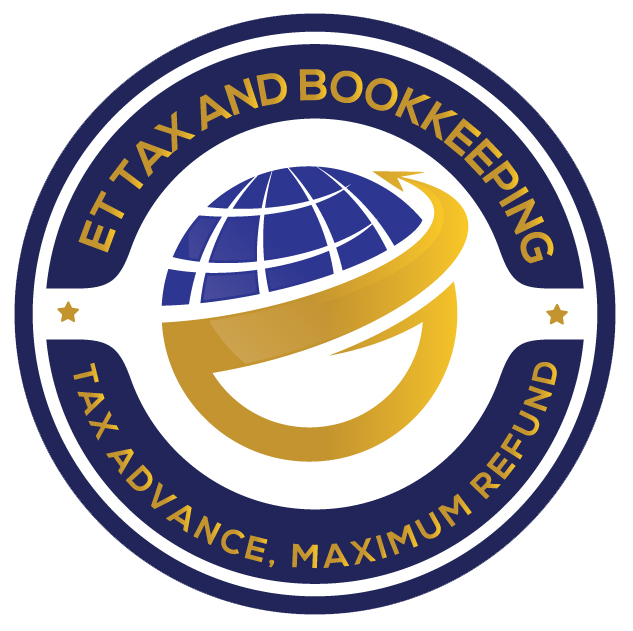How to Create an Efficient Accounting System from Scratch.
Creating an efficient accounting system from scratch is not just about setting up financial records—it’s a strategic initiative that underpins the stability and growth of any business. This blog delves into the crucial steps and considerations necessary to establish a robust accounting framework tailored to your specific business requirements.
Understanding the Fundamentals
Before diving into implementation, it’s essential to grasp the core elements of an effective accounting system. This includes setting up a chart of accounts, mastering journal entries, preparing comprehensive financial statements such as balance sheets and income statements, and ensuring adherence to regulatory standards.
Selecting the Right Accounting Software
Choosing the appropriate accounting software is pivotal for efficiency and accuracy. Options like QuickBooks, Xero, and FreshBooks offer diverse features suitable for businesses of varying sizes and industries. Factors to consider include scalability, integration capabilities with other business tools, and ease of use to maximize productivity.
Building a Robust Chart of Accounts
The chart of accounts serves as the backbone of your accounting structure, categorizing financial transactions into key groups such as assets, liabilities, equity, income, and expenses. Customizing this framework to align with your business operations and reporting needs ensures clarity and consistency in financial reporting.
Establishing Clear Financial Processes
Define streamlined processes for recording transactions, reconciling accounts, and generating financial statements. Documenting procedures for invoicing, expense management, payroll processing, and inventory control ensures accuracy, compliance, and operational efficiency.
Implementing Effective Internal Controls
Internal controls are vital safeguards to protect financial assets and prevent fraudulent activities. Establish segregation of duties, implement approval workflows, and conduct regular audits to uphold transparency and accountability in financial operations, thereby safeguarding the integrity of your accounting system.
Training and Continuous Education
Provide comprehensive training on selected accounting software and financial processes to your accounting team. Ensure they understand their roles in maintaining accurate records and complying with established procedures. Continuous education keeps them updated on industry best practices and regulatory changes.
Monitoring and Optimization
Regularly monitor the performance of your accounting system through detailed financial reports and key performance indicators (KPIs). Conduct periodic reviews to identify areas for enhancement, ensure regulatory compliance, and optimize financial processes for efficiency and effectiveness.
Conclusion
Creating an efficient accounting system from scratch lays a solid foundation for effective financial management and sustainable business growth. By mastering the fundamentals, selecting the right tools, customizing your chart of accounts, defining streamlined processes, implementing robust internal controls, investing in training, and maintaining diligent oversight, businesses can streamline operations, improve decision-making, and achieve long-term success.








